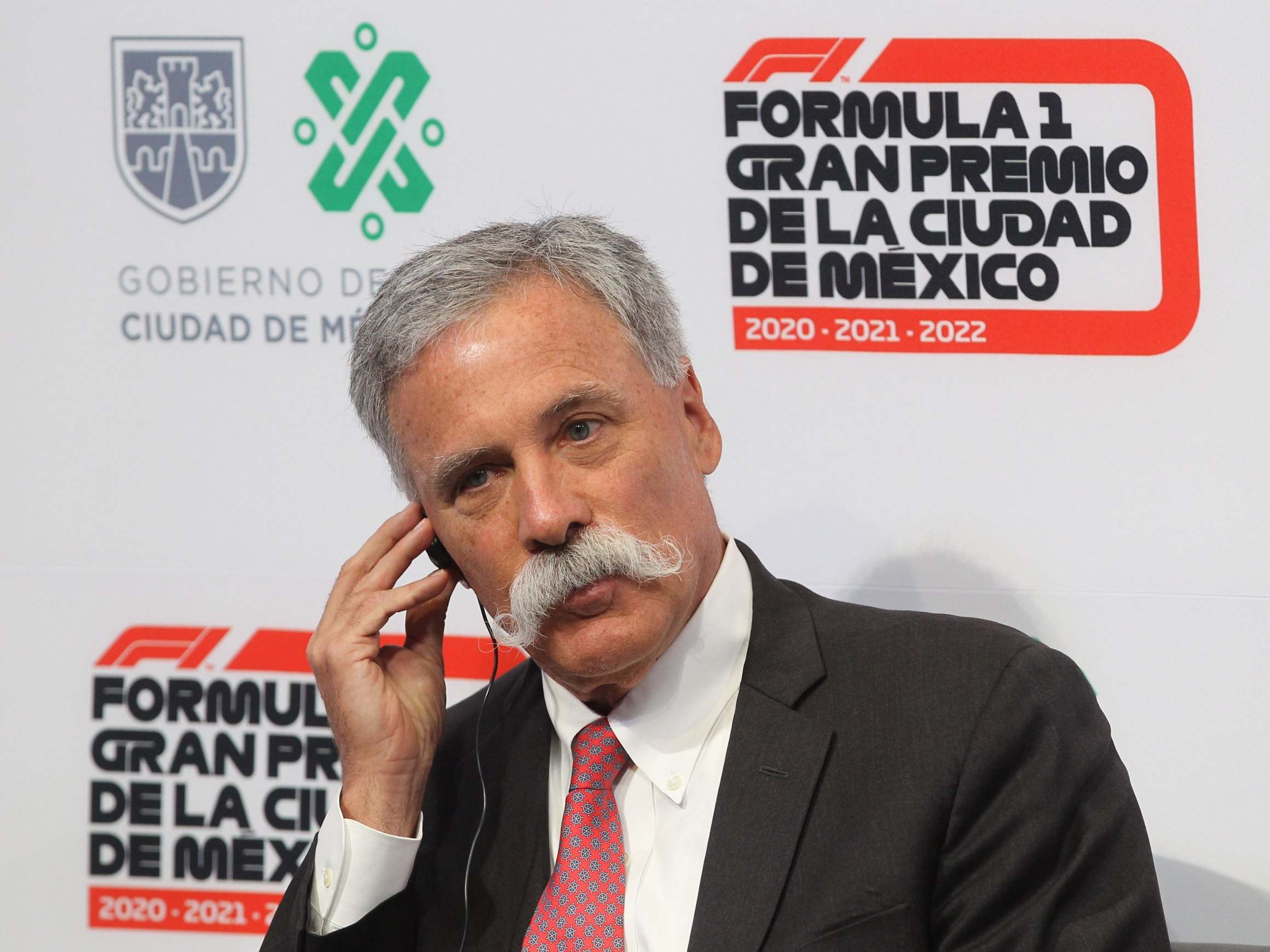F1 2020 calendar: Formula One reveals gruelling 22-race schedule with seven back-to-back weekends
Largest F1 calendar ever seen has been unveiled for next season as Vietnam and the Netherlands join an ever-growing list of races – but the German Grand Prix drops off the grid
Formula One drivers face a record seven back-to-back grand prix weekends next season after the provisional 2020 calendar was unveiled, with Vietnam installed as the third round of the championship and the Netherlands included for the first time in 35 years.
The calendar, which will go before the FIA World Motor Sport Council at the next meeting on 4 October, is the largest ever to be put together by F1, with Spain and Great Britain also included after doubts over their short-term futures were put to bed in recent weeks.
However, the grid will only grow by one race next season as there is no German Grand Prix, with Hockenheim dropping off the calendar despite this year’s thrilling race in the wet.
The season will get underway as usual in Australia on the weekend of 13-15 March, before heading to Bahrain just a week later in what is the first of seven back-to-back weekends – meaning teams will have to head straight to the Arab State from Down Under.
After the season-opening double-header, the paddock will visit Vietnam for the first time following the inclusion of the Hanoi Street Circuit on 3-5 April, becoming the 34th country to stage an F1 Grand Prix in the process.
It means that China is pushed back to the fourth slot in the calendar, before the Dutch Grand Prix returns to Zandvoort on 1-3 May.
A number of races will feature slightly later than they did in 2019 as a result, although the Azerbaijan Grand Prix moves from the fourth slot on the calendar to the eight to promote the Monaco Grand Prix to its usual standing on 22-24 May.
The British Grand Prix will take place at Silverstone on 19 July, meaning it no longer clashes with the Wimbledon men’s singles final as well as the major football tournament, which next year sees the Euro 2020 final the week before.
The Italian Grand Prix also features, and despite the inclusion of an asterisk next to its name due to the need to confirm a new deal for Monza to remain on the calendar, an announcement is expected in the near-future as the 2019 version takes place next weekend.
The calendar may cause some controversy among teams and drivers though, given they face a gruelling schedule that will see back-to-back weekends between Australia and Bahrain, the Netherlands and Spain, Azerbaijan and Canada, France and Austria, Belgium and Italy, Singapore and Russia and finally the United States and Mexico – which has been rebranded as the Mexico City Grand Prix from 2020.
Teams have also expressed concerns at Liberty Media’s plan to expand the calendar to as many as 24 races in the near-future, given the strain it will put on mechanics and other staff members required to travel to every grand prix.

But Liberty’s chief executive Chase Carey insisted it is part of their long-term vision for the sport, and not something that they plan on U-turning on.
“Since we became involved in this sport in 2017, we have talked about developing new destination cities to broaden the appeal of Formula One and at the same time, consolidating our presence in Europe, the traditional home of the sport,” Carey said.
“It is significant for our sport and confirms our long-term strategy.”

“We have Vietnam making its debut in the capital Hanoi, one of the most exciting cities in the world right now with such a rich history and an incredible future ahead of it. And we also have the return of the historic Zandvoort circuit, on the outskirts of another vibrant city, Amsterdam, for the Dutch Grand Prix.”
F1 2020 calendar
Australian Grand Prix (15 March)
Bahrain Grand Prix (22 March)
Vietnam Grand Prix (5 April)
Chinese Grand Prix (9 April)
Dutch Grand Prix (3 May)
Spanish Grand Prix (10 May)
Monaco Grand Prix (24 May)
Azerbaijan Grand Prix (7 June)
Canadian Grand Prix (14 June)
French Grand Prix (28 June)
Austrian Grand Prix (5 July)
British Grand Prix (19 July)
Hungarian Grand Prix (2 August)
Belgian Grand Prix (30 August)
Italian Grand Prix (6 September)
Singapore Grand Prix (20 September)
Russian Grand Prix (27 September)
Japanese Grand Prix (11 October)
United States Grand Prix (25 October)
Mexico City Grand Prix (1 November)
Brazilian Grand Prix (15 November)
Abu Dhabi Grand Prix (29 November)
Join our commenting forum
Join thought-provoking conversations, follow other Independent readers and see their replies
Comments
Bookmark popover
Removed from bookmarks